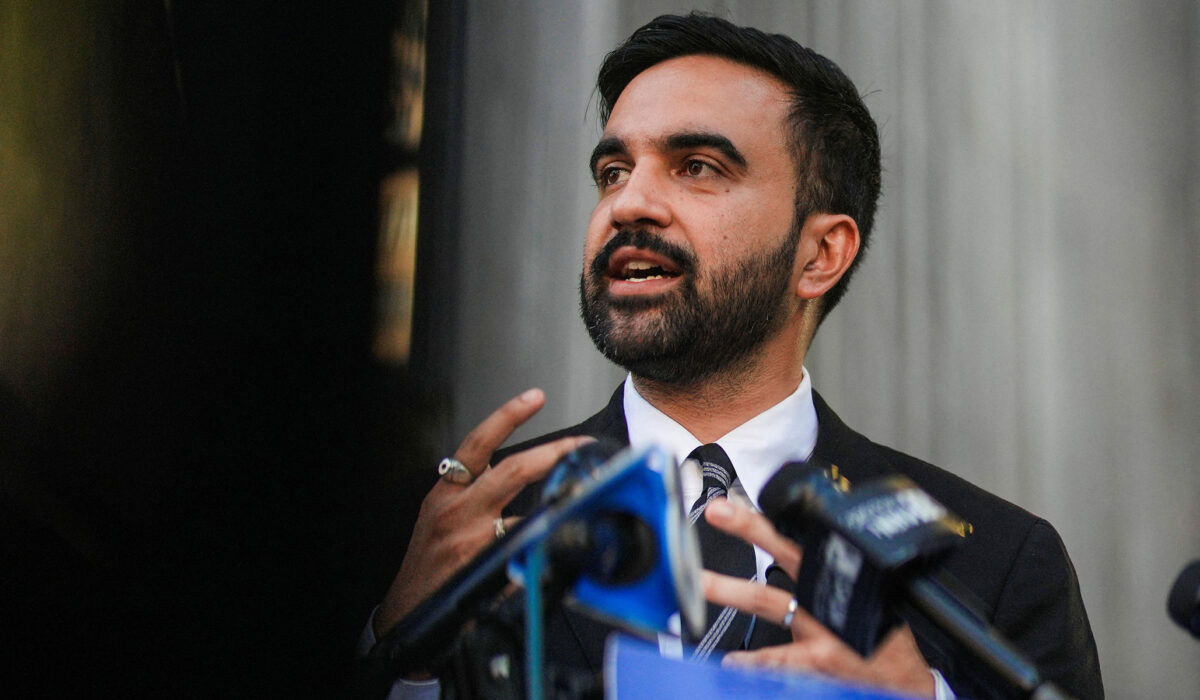Mayor-elect’s One-Size-Fits-All Fixes Won’t Cut It
The mayor-elect has a terrible proposal for just about every problem the city faces. That blunt assessment captures a pattern: big promises, thin plans, and a short attention span for trade-offs. Voters deserve better than slogans dressed up as solutions.
First, the approach to the budget feels like wishful thinking. Pushing new programs without clear revenue or cost controls invites higher taxes or degraded services. Responsible leadership starts with priorities and honest accounting, not optimistic projections.
Public safety proposals in the platform rub the wrong way. Reducing enforcement capacity while promising the same outcomes ignores basic incentives and puts residents at risk. A city that does not protect its streets loses jobs, residents, and future investment.
On homelessness, the mayor-elect leans toward feel-good fixes over enforceable solutions. Outreach and services are important but must be paired with accountability and clear pathways out of chronic street living. Otherwise the result is a permanent, expensive status quo.
Zoning and development ideas sound woke and scattershot. Handing more power to planners without streamlining approvals will slow housing delivery and raise costs. Free-market principles and local control can expand supply faster than top-down mandates.
Transportation promises focus on optics instead of functionality. Exclusive attention to niche lanes and spectacle projects ignores the need for reliable, affordable commutes. People want systems that move them to work on time, not photo ops that delay trips and eat budgets.
When it comes to city hiring and bureaucracy, the plan doubles down on growth. Expanding headcount with vague performance metrics means more slow-moving government and fewer results. A smarter approach is to trim waste and incentivize measurable outcomes.
Economic development sections read like a wish list for special interests. Subsidies and sweetheart deals may win headlines but they skew the market and create long-term liabilities. True growth comes from stable rules, predictable taxes, and welcoming neighborhoods.
The education and youth programs proposed mix good intentions with unfunded mandates. Expanding services without securing sustainable funding risks eroding quality across the board. Parents and taxpayers need clear benchmarks and fiscal discipline tied to new initiatives.
Accountability is the thread missing across the platform. Promises are easy; audits, performance reviews, and sunset clauses are not glamorous but they stop waste. A city that measures results can correct course fast and avoid repeating the same mistakes.
Republican principles offer practical alternatives: cut waste, focus law enforcement on core public safety, protect property rights, and unleash local entrepreneurs by reducing red tape. Those ideas align incentives with outcomes and respect taxpayers who pay for every program. If the mayor-elect wants to lead, they should bring specifics and the willingness to defend trade-offs.
Citizens should expect more than bold language and pie-in-the-sky plans. The city needs durable fixes that protect families, keep streets safe, and balance the books without masking costs. Real leadership means making the hard calls and standing by them.

